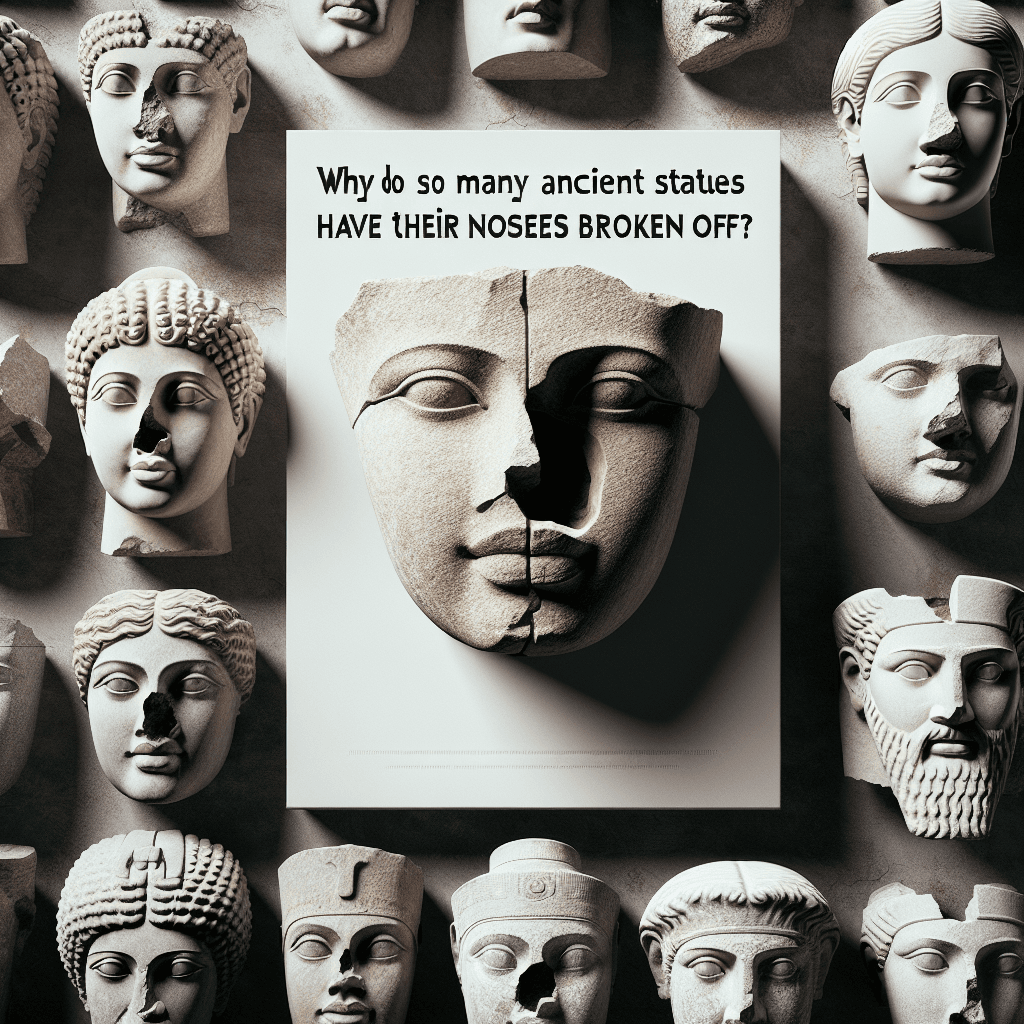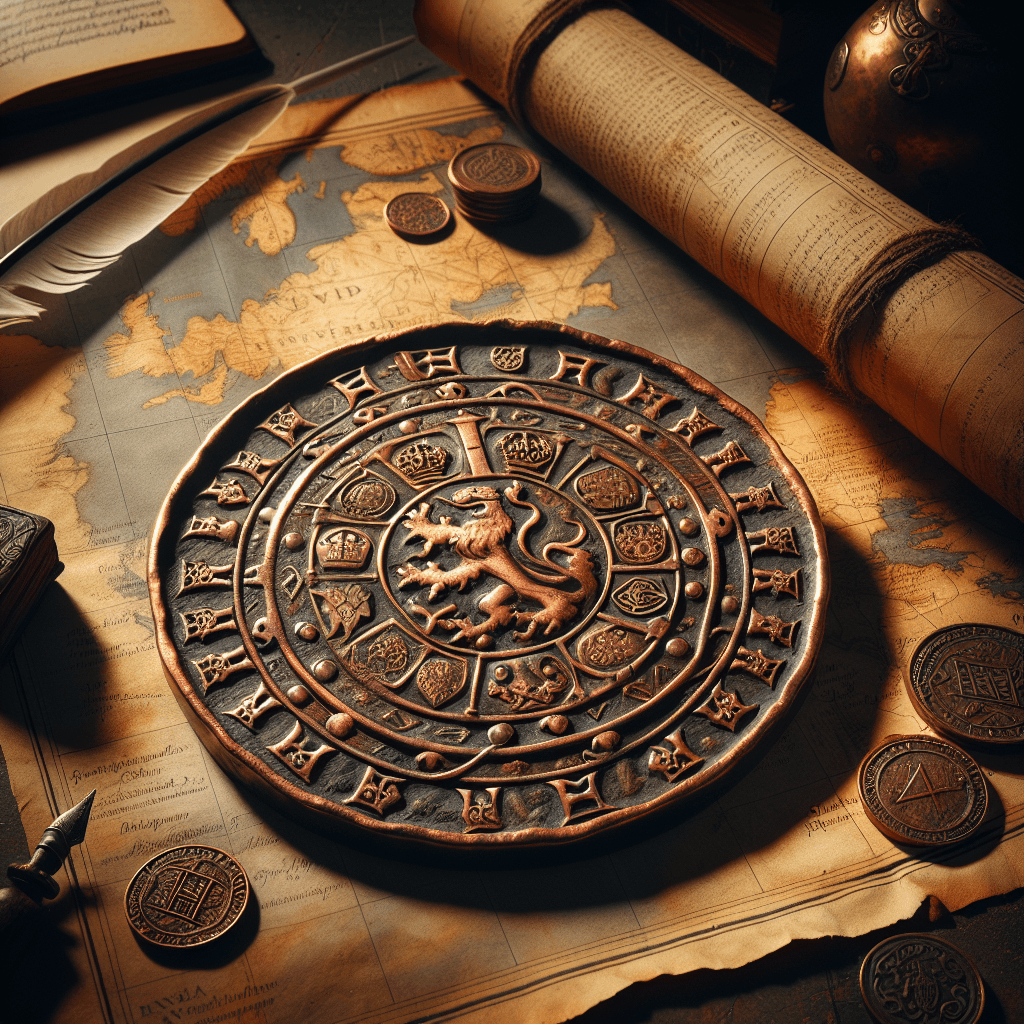Articles
Explore our collection of articles covering a wide range of topics.

Why were treadmills originally invented as a form of prison punishment?
Before it was a staple in your gym, the treadmill was a brutal instrument of punishment designed not to burn calories, but to break the spirits of Victorian prisoners.


Why do so many ancient statues have their noses broken off?
It wasn't just the passage of time that broke these ancient noses. The truth is far more deliberate, revealing a targeted effort to rob these figures of their power and presence.


Why does a vacuum cleaner's sound get higher in pitch as it gets full?
That desperate, high-pitched whine isn't a cry for help—it's the surprising sound of the motor actually spinning faster, and the physics behind it is fascinating.


Why does lightning sometimes create bizarre glass sculptures inside sand?
When a lightning bolt hotter than the sun’s surface slams into sand, it doesn't just disappear—it forges a fragile, glass skeleton of its path, creating a 'fossilized' lightning strike you can hold in your hands.


Why did Sweden once issue gigantic plate-sized copper coins as currency?
Forget what's in your wallet; in 17th-century Sweden, a single coin could weigh up to 44 pounds, representing a bizarre and heavy-handed solution to a national economic crisis.


Why do running shoes have that extra, unused shoelace hole at the top?
That mysterious extra eyelet at the top of your running shoe isn't for decoration; it's the secret to eliminating blisters and locking in a perfect fit.
